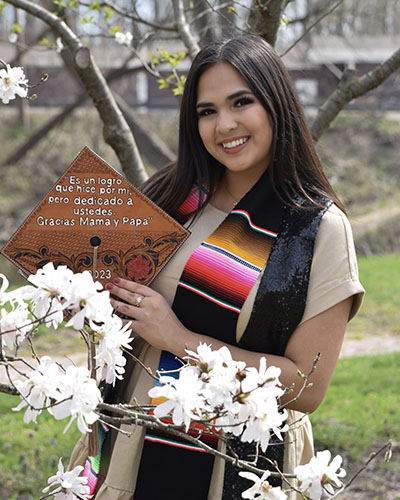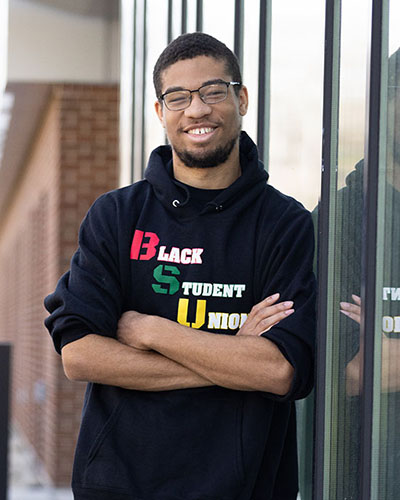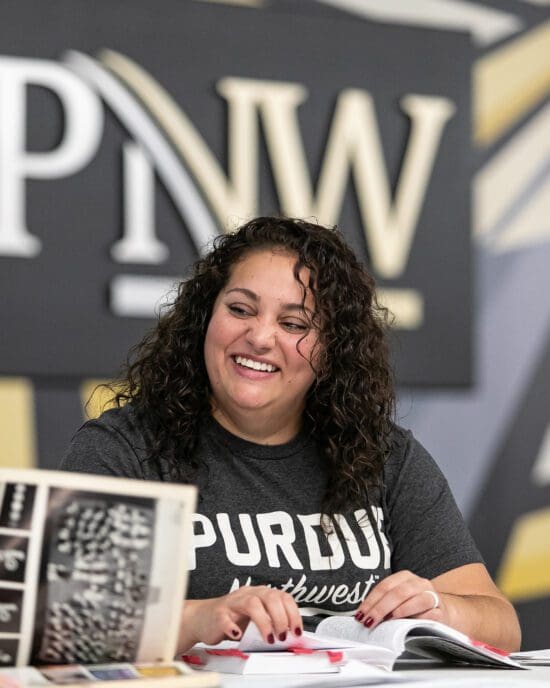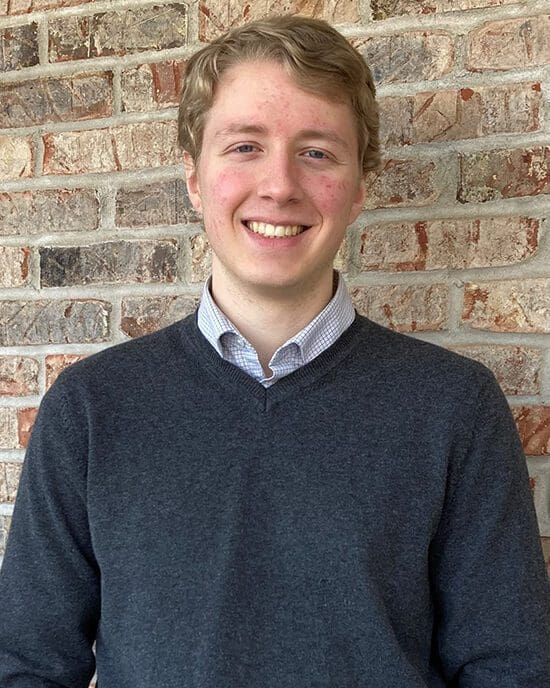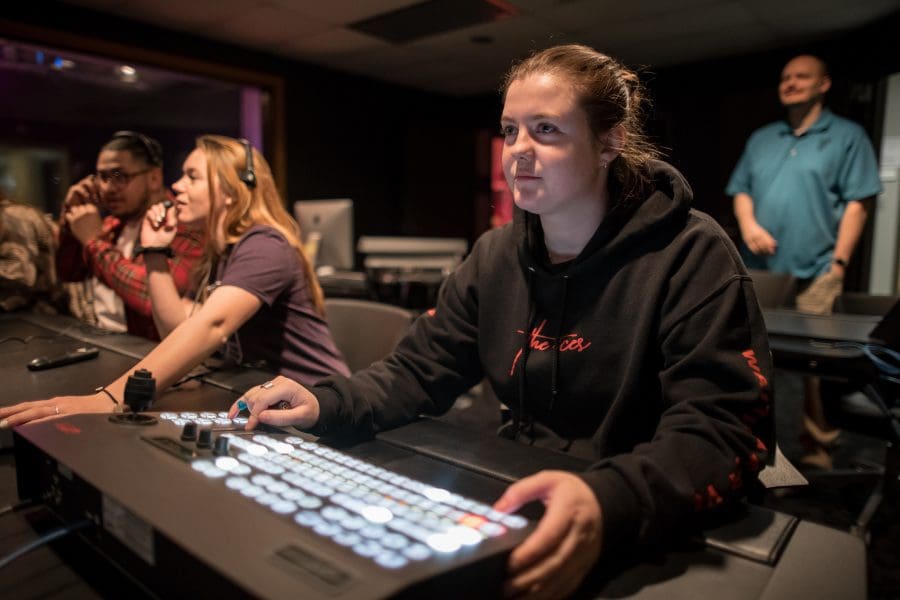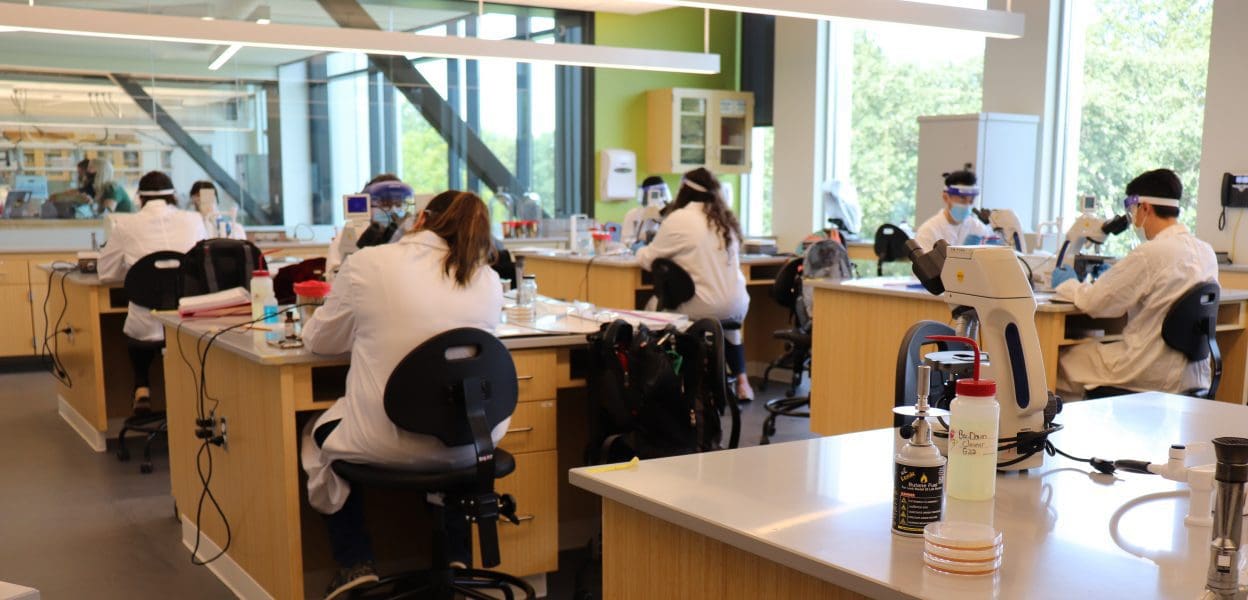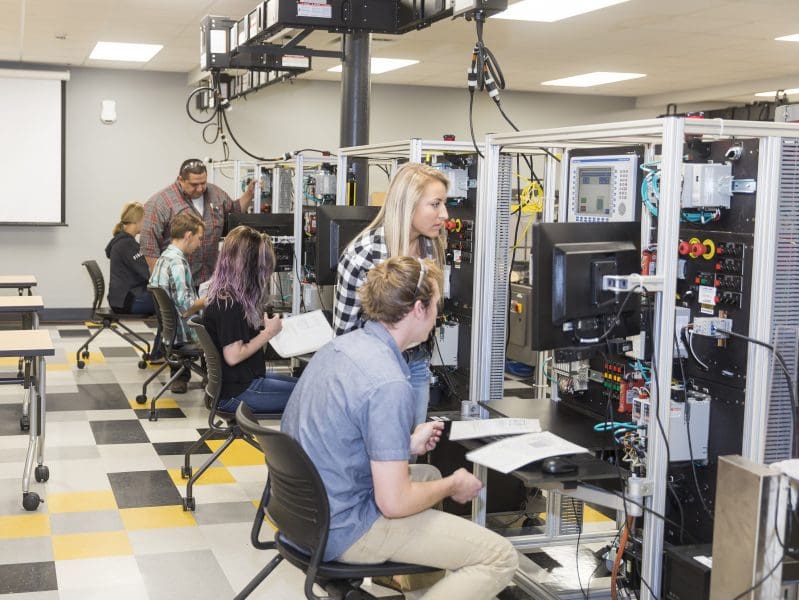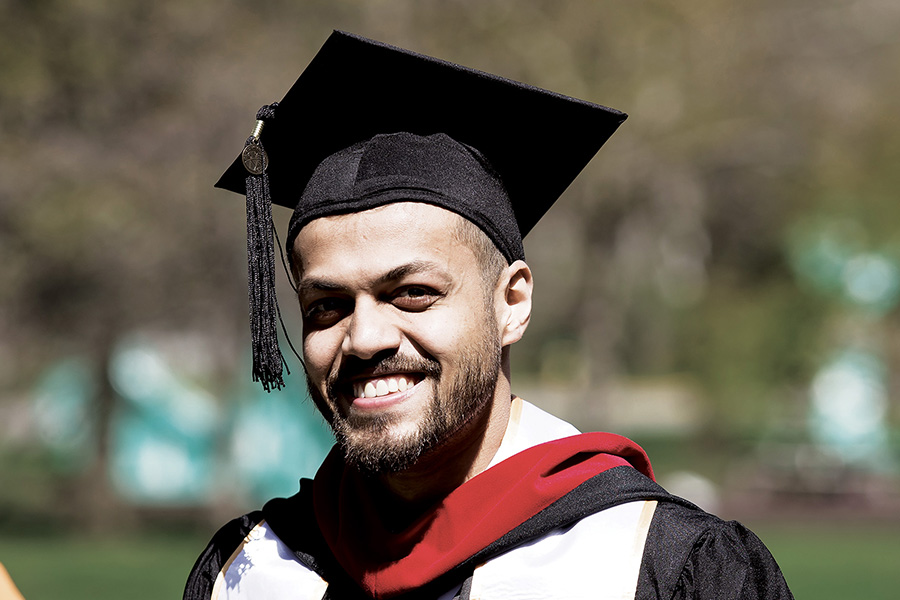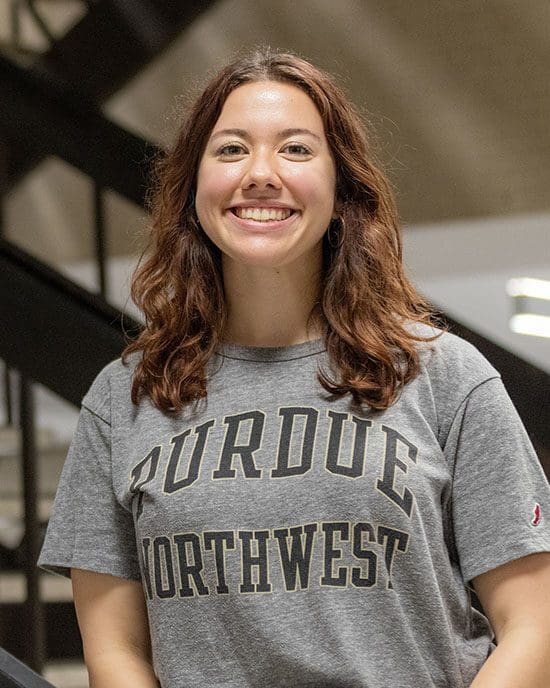
Academics & Research
Our community of learning has everything you need to thrive. From accounting to physics, explore PNW's 70+ areas of study.
Explore Majors & Programs
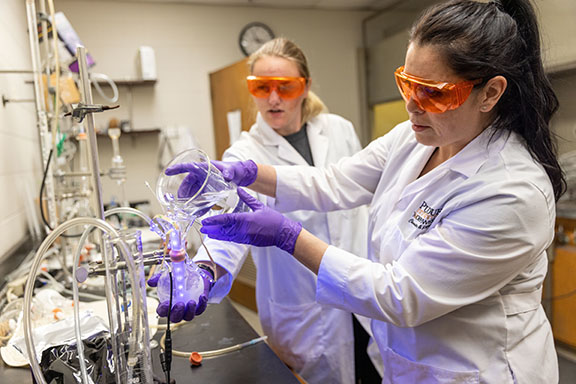
Get Ready to Excel
Areas of Study
Wherever your future takes you, PNW’s reputation for academic excellence and supportive faculty will push you to succeed.

Focused on You
A Student-Centric Approach
PNW has everything you need to succeed, balancing a small-school feel with the resources of a premier metropolitan university.
Resources

Colleges and Schools
From technology to tourism management, PNW’s colleges and schools will offer the hands-on knowledge you need to grow.
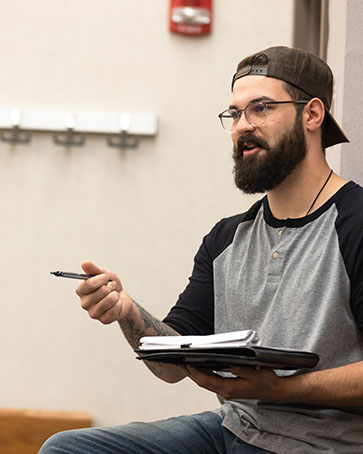
PNW Research
With 20 research centers, PNW lets you build your skills, connecting with experts in fields ranging from sales to cybersecurity.

Fun and Flexible
Explore new cultures, develop real-world skills and build unforgettable memories with PNW study-away programs!
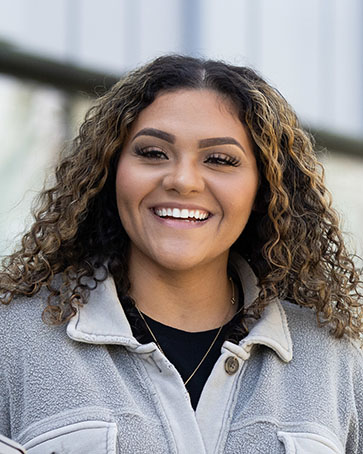
Find Your Fit
Our blend of small classes and real-world learning helps you connect with professors who care and build skills to launch your career.
